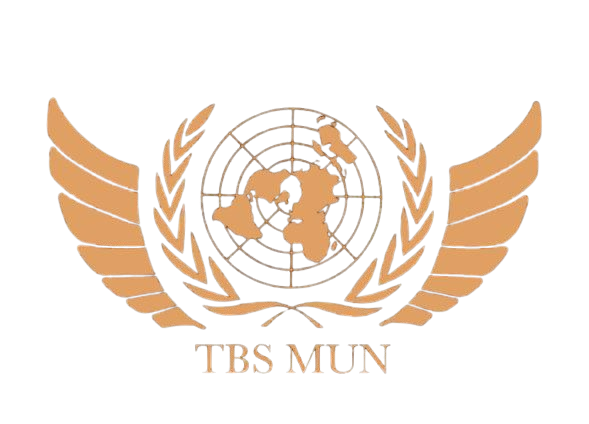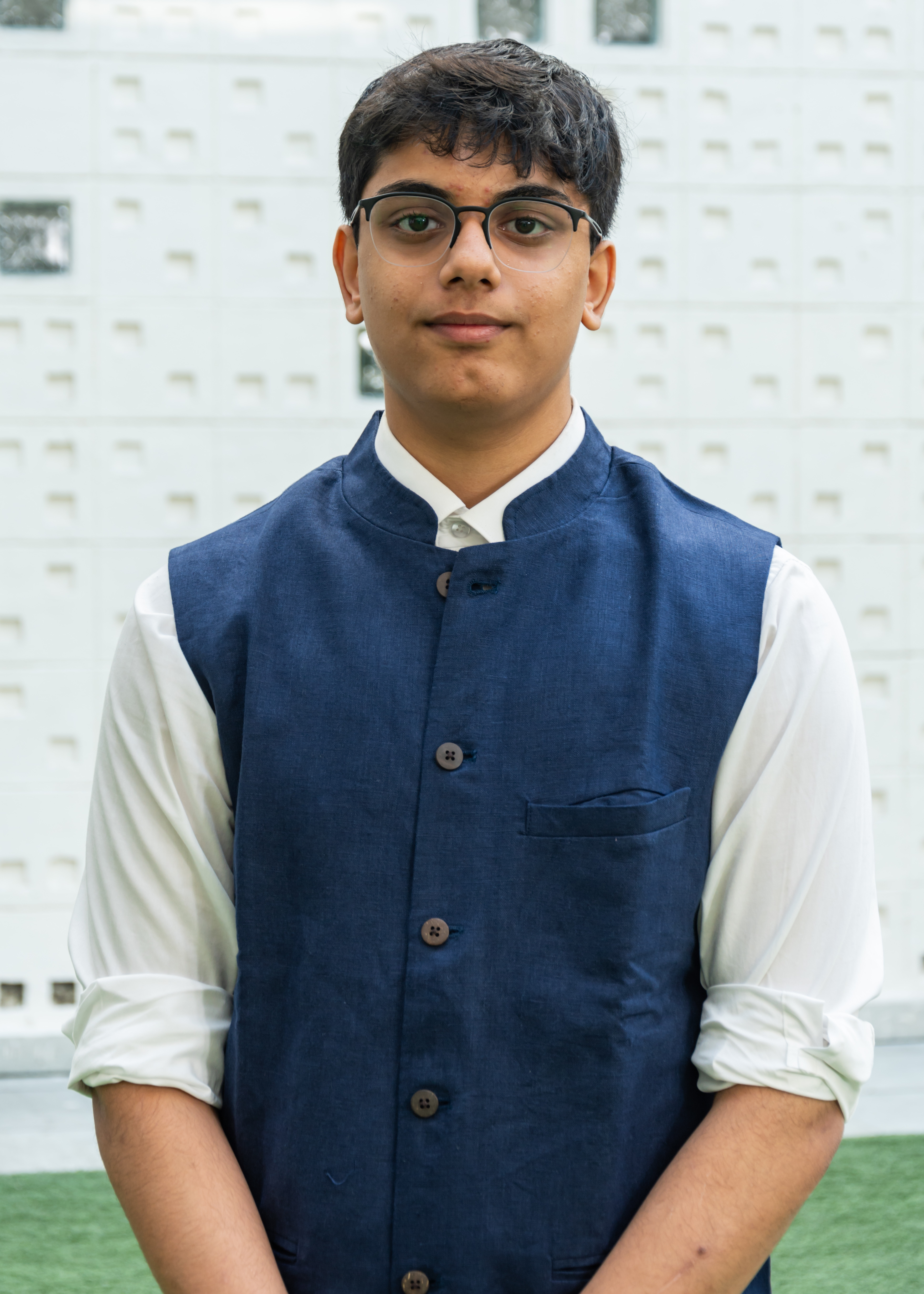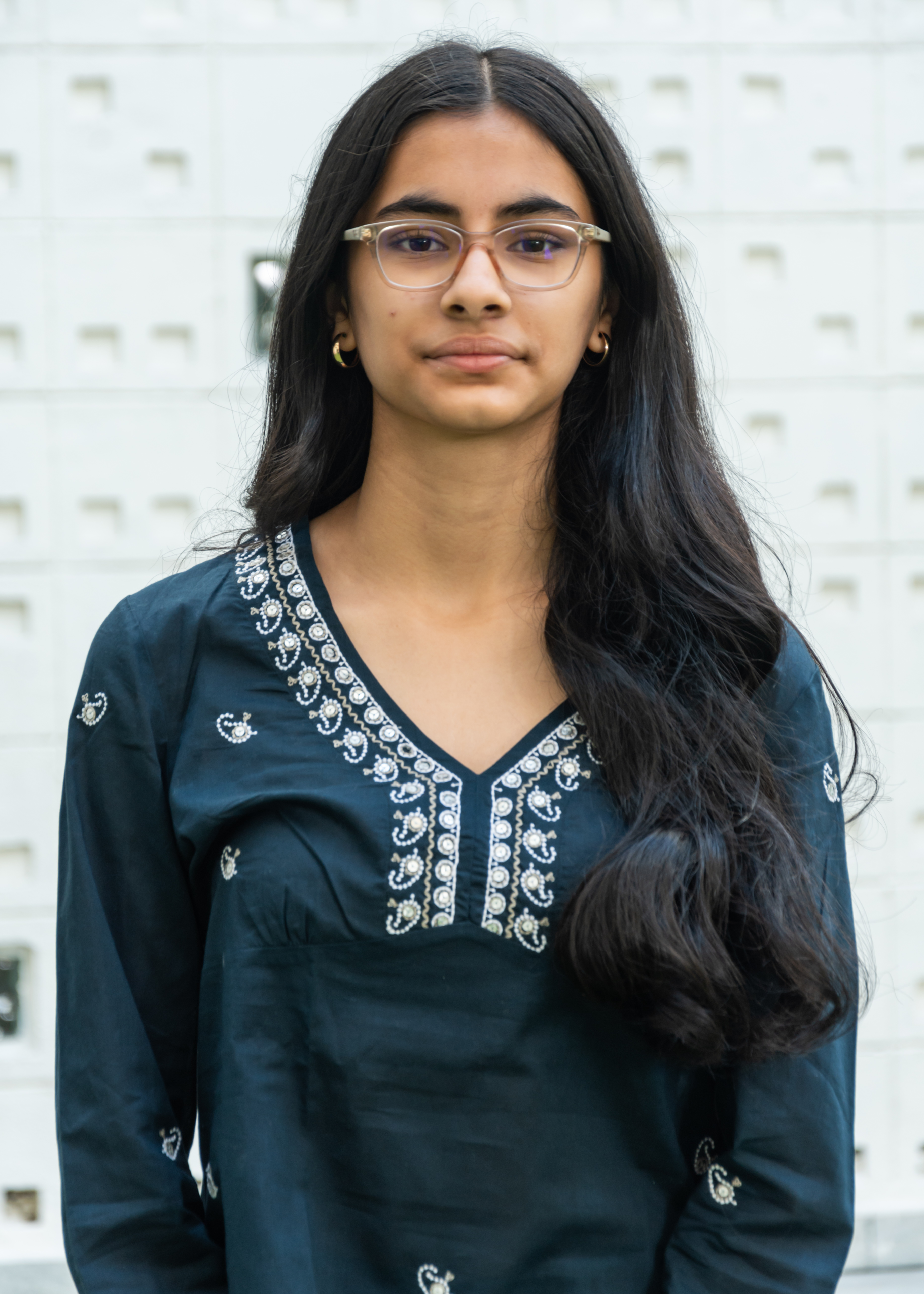

The "One Nation, One Election" proposal has provoked vehement debate throughout India's political spectrum. This year, the Lok Sabha agenda leaves way for engaging with the feasibility, challenges, and implications of what represents, to some, a grand but quixotic idea to hold simultaneous elections for the Lok Sabha and all State Legislative Assemblies.
Supporters say that holding elections simultaneously would save enormous costs, limit disruptions to governance, and create a more efficient administrative system. Fewer elections throughout the year could shift governments toward longer-term policymaking instead of being in a constant campaign mode. The thinking is that this might result in a progressive political policy, better governance, smoother enactment of policies in power, and a stable political atmosphere.
But some remain unconvinced. Critics fear the constitutional and logistical challenges of a similar system. They note that under India's federal structure, states can operate independently, and a one-size-fits-all election cycle can marginalize regional issues. Then there's the big question — what if a state government collapses mid-term? Would new elections be held in general for all or just this state?
With such foundational questions at stake, this debate is not just a matter of logistics — it is about the very nature of Indian democracy. The Executive Board looks forward to a thoughtful and engaging discussion, bringing together diverse perspectives to explore whether "One Nation, One Election" is truly the way forward.

Chairperson

Deputy Chairperson

Rapporteur